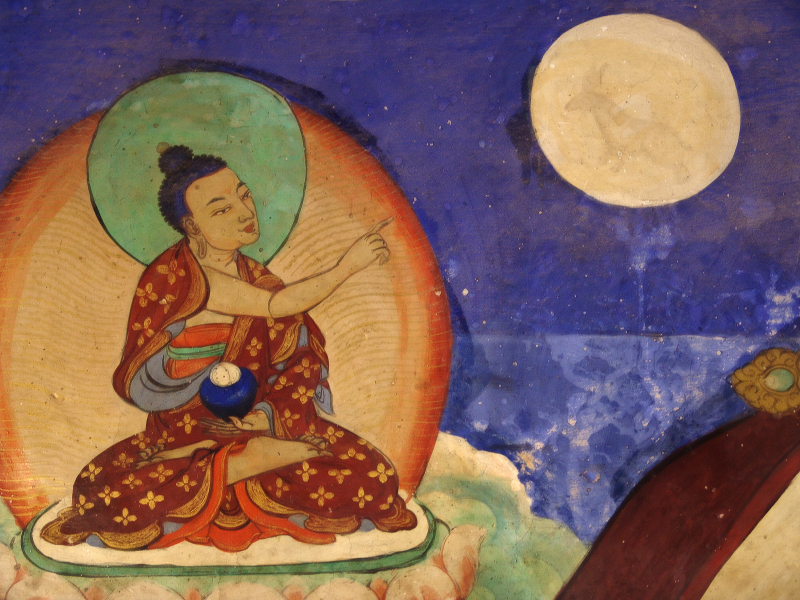
When lecturing on domination around the world, listening to the despair and hopelessness, I asked individuals who were hopeful to talk about what force in their life pushed them to make a profound transformation, moving them from a will to dominate toward a will to be compassionate. The stories I heard were all about love. That sense of love as a transformative power was also present in the narratives of individuals working to create loving personal relationships. Writing about “love” or “loving kindness”Sharon Salzberg reminds us in her insightful book :”Loving–kindness: The Revolutionary Art of Happiness” , that “in cultivating love, we remember on of the most powerful truths of the Buddhist thought…that the forces in the mind that bring suffering are able to temporarily hold down the positive forces such as love or wisdom, but they can never destroy them….Love can uproot fear or anger or guilt, because it is a greater power. Love can go anywhere. Nothing can obstruct it.”
Because of the awareness that love and domination cannot coexist, there is a collective call for everyone to place learning how to love on their emotional and/or spiritual agenda. We have witnessed the way in which movements for justice that denounce dominator culture, yet have an underlying commitment to corrupt uses of power, do not really create fundamental changes in our societal structure. When radical activists have not made a core break with dominator thinking (imperialist, white supremacist, capitalist patriarchy), there is no union of theory and practice, and real change is not sustained. That’s why cultivating the mind of love is so crucial. When love is the ground of our being, a love ethic shapes our participation in politics.
[irp]
When we commit to love in our daily life, habits are shattered. We are necessarily working to end domination. Because we no longer are playing by the safe rules of the status quo, rules that if we obey guarantee us a specific outcome, love moves us to a new ground of being. this movement is what most people fear. If we are to galvanize the collective longing for spiritual well-being that is found in the practice of love, we must be more willing to identify the forms that longing will take in daily life. It is only by bearing concrete witness to love’s transformative power in our daily lives that we can assure those who are fearful that commitment to love will be redemptive, a way to experience salvation.
SOURCE: Melvin Mc Leod (ed). The Best Buddhist Writing 2007, Shambhala, Boston/London, 2007













